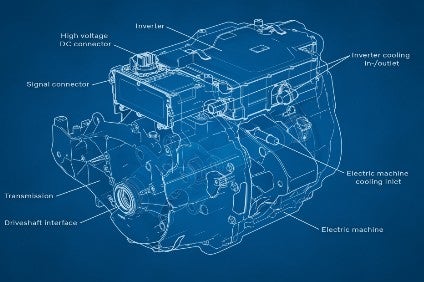
Geely’s Volvo Cars said it was making “significant investments” to allow for the in house design and development of electric motors for the next generation of models as it continues to move towards becoming a fully electric car maker.
The automaker has opened a brand new electric motor lab in Shanghai, China, the latest addition to its global network of facilities for the development and testing of electric car components. The lab is in addition to ongoing e-motor development in Gothenburg, Sweden and battery labs in China and Sweden.

Discover B2B Marketing That Performs
Combine business intelligence and editorial excellence to reach engaged professionals across 36 leading media platforms.
The interplay between e-motor, battery and power electronics is crucial in developing premium electric cars, Volvo said.
Bringing development of electric motors in house will allow engineers to further optimise them and the entire electric driveline. This approach will allow engineers to make further gains in terms of energy efficiency and overall performance.
“Through in house design and development, we can fine tune our e-motors to ever better levels,” said CTO Henrik Green. “By constantly improving their overall performance levels in terms of energy efficiency and comfort, we create an electric driving experience that is unique to Volvo.”
E-motors enable hallmark features that electric cars are known for, such as instant acceleration and so called one pedal driving, whereby drivers use the accelerator pedal both for acceleration and deceleration, depending on whether they push in or lift their foot off the pedal.
The newly opened electric motor lab in Shanghai became operational last month. It will focus mainly on electric motor development for use in fully electric and hybrid cars based on the forthcoming SPA 2 modular vehicle architecture.
The investments in e-motor design and development represent yet another step towards Volvo Cars’ climate ambitions and electrification strategy. It aims for half of its sales to be fully electric vehicles by 2025, with the rest hybrids.






